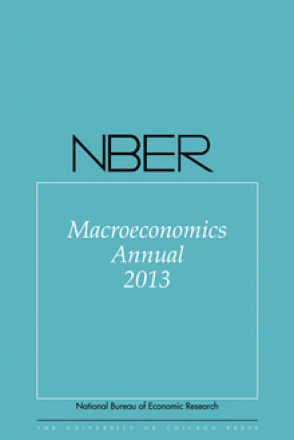Dormant Shocks and Fiscal Virtue

You may be able to download this chapter for free via the Document Object Identifier.
We develop a theoretical framework to account for the observed instability of the link between inflation and fiscal imbalances across time and countries. Current policy makers' behavior influences agents' beliefs about the way debt will be stabilized. The standard policy mix consists of a virtuous fiscal authority that moves taxes in response to debt and a central bank that has full control over inflation. When policy makers deviate from this Virtuous regime, agents conduct Bayesian learning to infer the likely duration of the deviation. As agents observe more and more deviations, they become increasingly pessimistic about a prompt return to the Virtuous regime and inflation starts drifting in response to a fiscal imbalance. Shocks that were dormant under the Virtuous regime now start manifesting themselves. These changes are initially imperceptible, can unfold over decades, and accelerate as agents' beliefs deteriorate. Dormant shocks explain the run-up of US inflation and uncertainty in the 70s. The currently low long-term interest rates and inflation expectations might hide the true risk of inflation faced by the US economy.
-
-
Copy CitationFrancesco Bianchi and Leonardo Melosi, NBER Macroeconomics Annual 2013, Volume 28 (University of Chicago Press, 2013), chap. 1, https://www.nber.org/books-and-chapters/nber-macroeconomics-annual-2013-volume-28/dormant-shocks-and-fiscal-virtue.Download Citation
-


